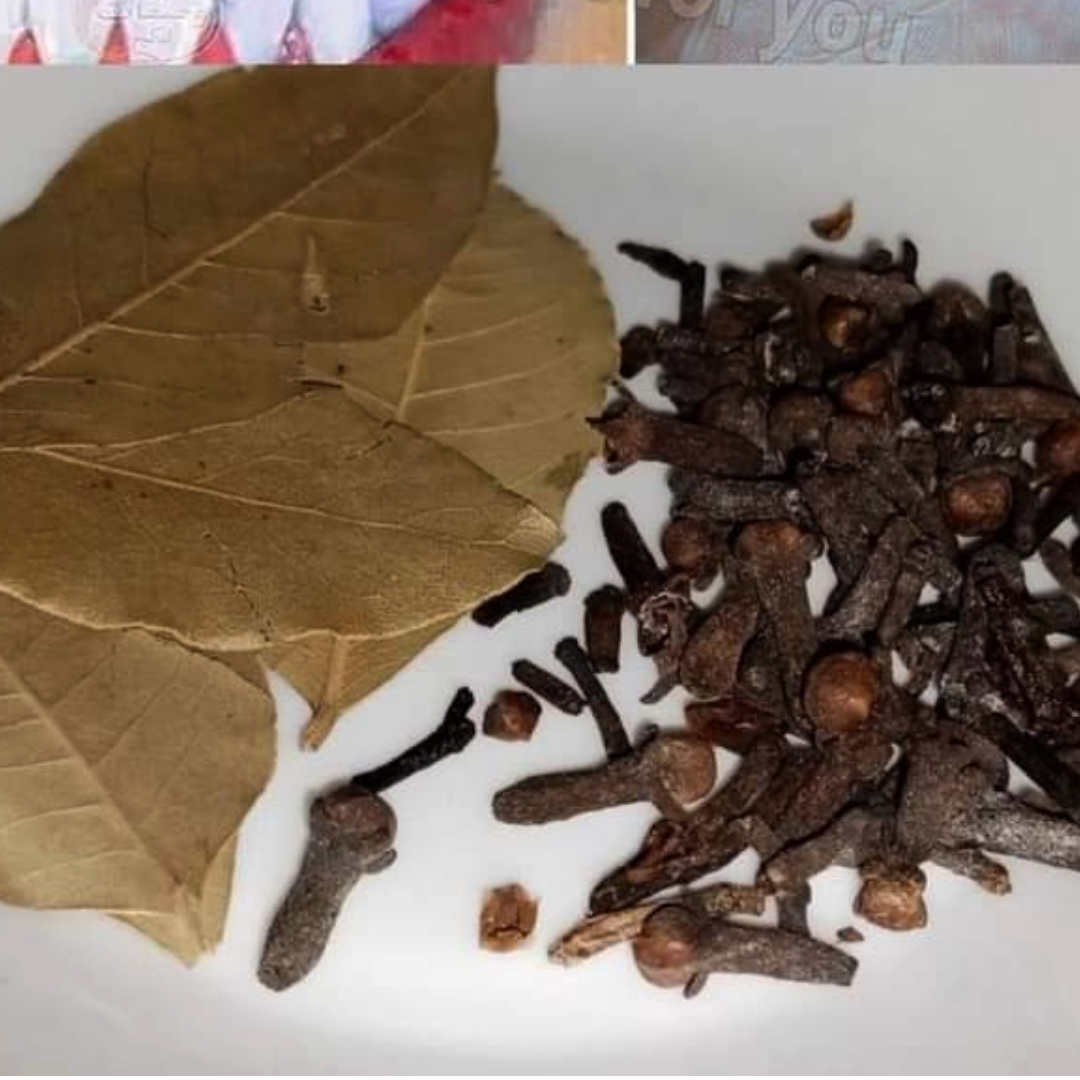Looking for a natural way to enhance your smile? Bay leaves and cloves are not just for seasoning your favorite dishes; they can also be used as a natural remedy for removing tartar and whitening teeth. This simple, cost-effective method may surprise you with its effectiveness, providing a brighter smile without the need for expensive treatments. Here’s how you can use these common kitchen ingredients to improve your dental health.
Why Bay Leaves and Cloves?
Bay Leaves have antibacterial properties and contain compounds that can help break down tartar and stain on the teeth. Their abrasive texture also helps in gently polishing the tooth surface.
Cloves are renowned for their pain-relieving properties and are commonly used to soothe toothaches. They also have eugenol, a natural antiseptic that can help to kill bacteria and cleanse the mouth, contributing to fresher breath and healthier gums.
How to Use Bay Leaves and Cloves for Dental Care
Ingredients:
- 2 to 3 dry bay leaves
- 1 teaspoon of whole cloves
- A mortar and pestle
Instructions:
- Prepare the Mixture:
- Crush the dry bay leaves and cloves together using a mortar and pestle until they form a fine powder. The combination of these two creates a potent mixture that harnesses both the cleaning and antibacterial properties necessary for oral care.
- Application:
- Wet your toothbrush and dip it into the powder. Alternatively, you can mix the powder with a small amount of water to form a paste.
- Brush your teeth with the mixture, focusing on areas that tend to accumulate tartar and stains. Gently brush using circular motions, being careful not to scrub too hard as the abrasive nature of the powder can irritate the gums if used excessively.
- Wait and Rinse:
- Allow the mixture to sit on your teeth for about 2 minutes. This short duration is sufficient for the active ingredients to work on the tartar and stains.
- Rinse your mouth thoroughly with water to remove all residue of the powder. Follow up with your regular brushing routine if desired.
Tips for Best Results
- Frequency: Due to its abrasive nature, use this treatment no more than once a week to avoid enamel wear.
- Sensitive Teeth: If you have sensitive teeth or gums, it’s important to be especially gentle when brushing with any abrasive material. Consult with your dentist if you experience discomfort.
- Follow-Up: Always maintain regular dental hygiene practices, including flossing and using mouthwash, to support overall oral health.
Conclusion
Bay leaves and cloves offer a natural, accessible way to help remove tartar and whiten your teeth. While they are not a replacement for professional dental treatment, incorporating these ingredients into your oral hygiene routine can provide supplementary benefits. Remember, the key to good oral health is consistency and comprehensive care, so keep up with regular dentist visits and daily brushing and flossing.
